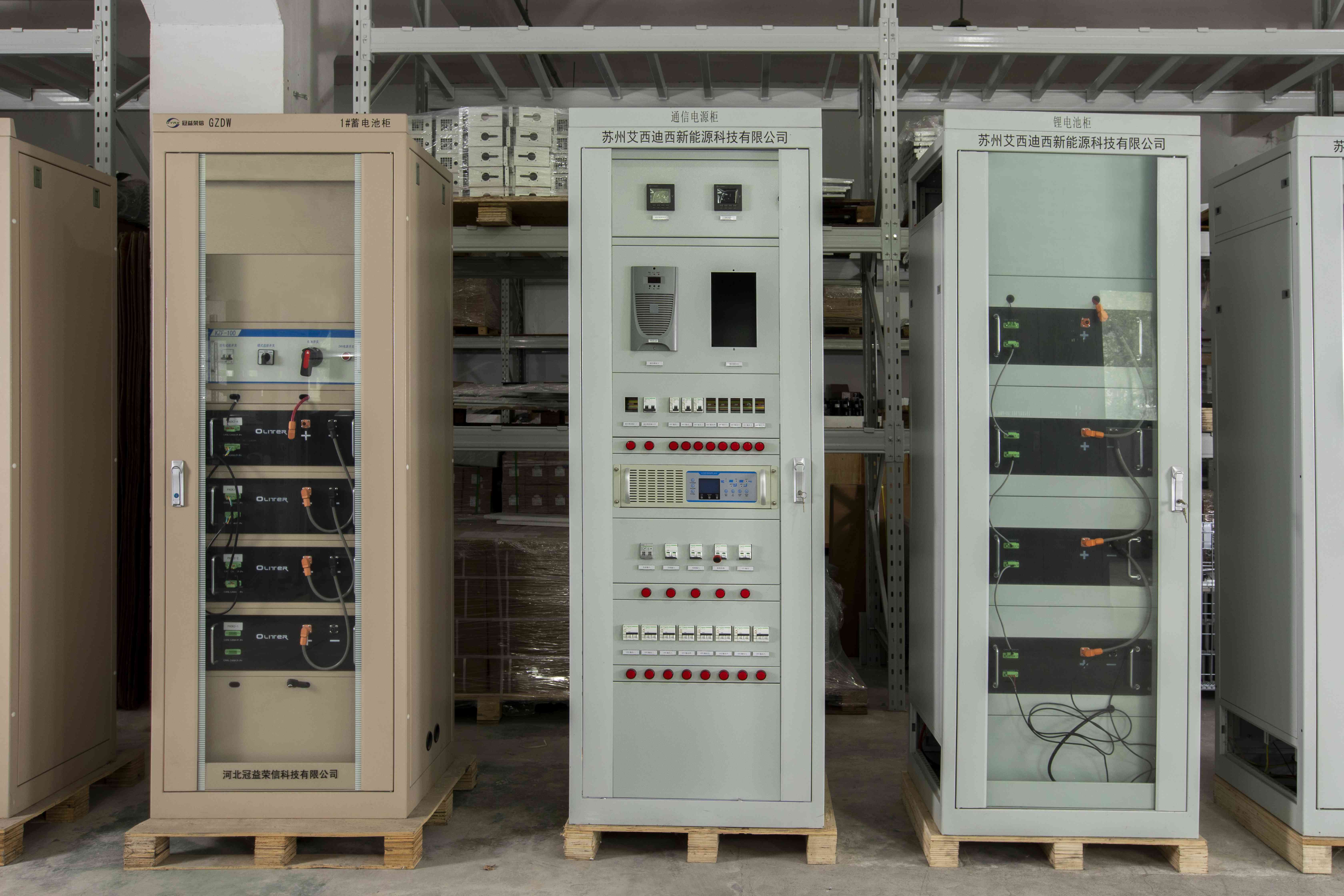
Dec . 12, 2024 11:27 Back to list
ce certification energy self storage
Understanding CE Certification for Energy Self-Storage Systems
In an era increasingly defined by the urgency of sustainable energy practices, energy self-storage systems have emerged as vital components in optimizing energy use and integrating renewable sources effectively. As these systems gain traction, consumers and manufacturers alike must navigate the complex landscape of compliance, specifically regarding CE certification. This article will explore what CE certification entails, why it is essential for energy self-storage systems, and how it impacts the market.
What is CE Certification?
CE marking indicates that a product meets the essential requirements of relevant European directives on safety, health, and environmental protection. Originating from the French phrase Conformité Européenne, it signifies conformity with applicable European standards. For energy self-storage systems, which are often complicated amalgamations of technology, adhering to these standards is not merely a regulatory compliance exercise but a demonstration of reliability and safety for consumers.
The Importance of CE Certification in Energy Self-Storage
1. Safety Assurance One of the primary objectives of CE certification is to ensure that products are safe for use. Energy self-storage systems can involve high voltages and complex chemical components, especially those using lithium-ion batteries. CE certification ensures that these systems do not pose hazards, reducing the risk of fires, leaks, or other dangerous failures.
2. Market Access For manufacturers targeting the European market, CE certification is mandatory. Without this certification, products cannot be sold in EU member states. This requirement can create substantial barriers to entry for companies that may not prioritize compliance, potentially weakening their competitive edge.
3. Consumer Trust For consumers, the presence of the CE mark on energy self-storage products serves as a symbol of quality and safety. In a market where new technologies are rapidly evolving, consumers are more likely to purchase products that they know have undergone rigorous testing and have received official certification. As renewable energy integration accelerates, consumer confidence in energy storage solutions is paramount.
4. Environmental Compliance Energy self-storage systems play a critical role in stabilizing the grid and ensuring that renewable energy sources, such as solar and wind, can be effectively utilized. CE certification directives often include environmental management practices, encouraging manufacturers to minimize the ecological footprint of their products throughout their life cycle.
ce certification energy self storage

The CE Certification Process
Obtaining CE certification typically involves the following steps
- Assessment of Technical Documentation Manufacturers must create technical documentation that demonstrates compliance with relevant directives. This may include descriptions of the product, design calculations, and safety reports.
- Product Testing Depending on the classification of the energy self-storage system, it may need to undergo testing by a recognized Notified Body. This independent organization verifies that the product meets all necessary requirements.
- Declaration of Conformity Once all requirements are satisfied, manufacturers must compile a Declaration of Conformity, which asserts that their product meets EU regulations.
- Affixing the CE Mark Finally, the product can bear the CE mark, signaling compliance to consumers and regulators.
Conclusion
As the demand for energy self-storage systems continues to rise, ensuring compliance with CE certification stands as a critical factor for market success. The certification process not only promotes safety and quality but also enhances consumer confidence in an area rife with innovation and potential pitfalls. For manufacturers, understanding and navigating CE certification is essential not just for legal compliance but also for fostering trust and ensuring that their products can compete in the expanding European market.
In summary, CE certification is more than a regulatory obligation; it is a commitment to safety, quality, and environmental responsibility in the rapidly evolving landscape of energy storage solutions. By embracing these standards, stakeholders can contribute to a sustainable energy future, ensuring that modern technologies meet the needs of both consumers and the planet.
-
AI-Powered EMS with GPT-4-Turbo | Efficiency Boost
NewsAug.01,2025
-
Optimized Storage System for GPT-4-Turbo | High Performance
NewsJul.31,2025
-
AI Energy Management System w/ GPT-4 Turbo Efficiency
NewsJul.31,2025
-
High-Performance Energy Storage System for Reliable Power Solutions
NewsJul.30,2025
-
Advanced EMS Solutions for Energy Management System & Storage Battery Companies
NewsJul.29,2025
-
Intelligent Energy Management for Homes - Efficient Storage Solutions
NewsJul.29,2025























